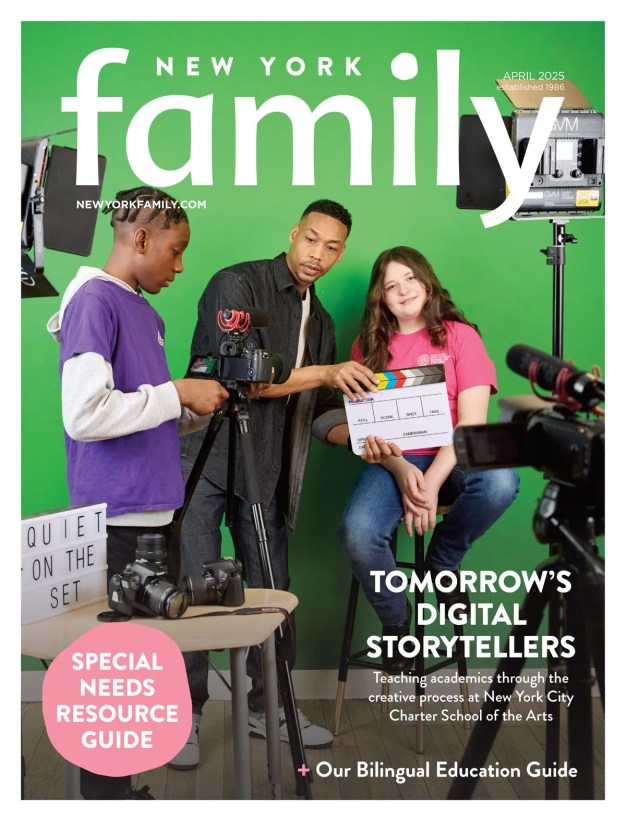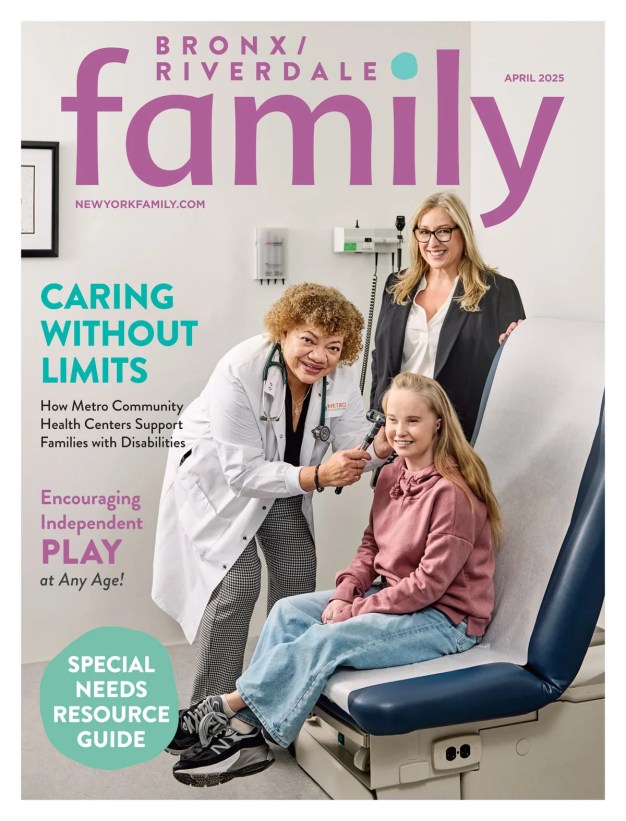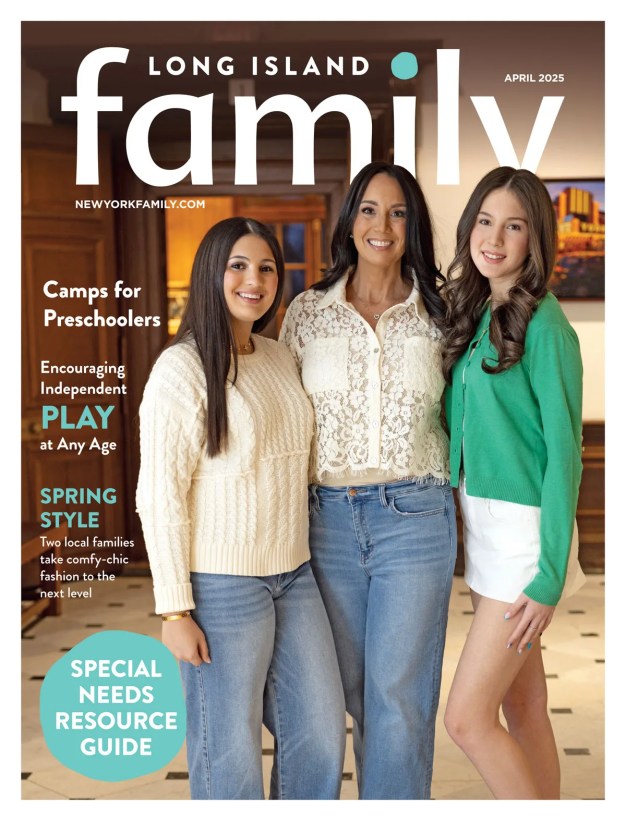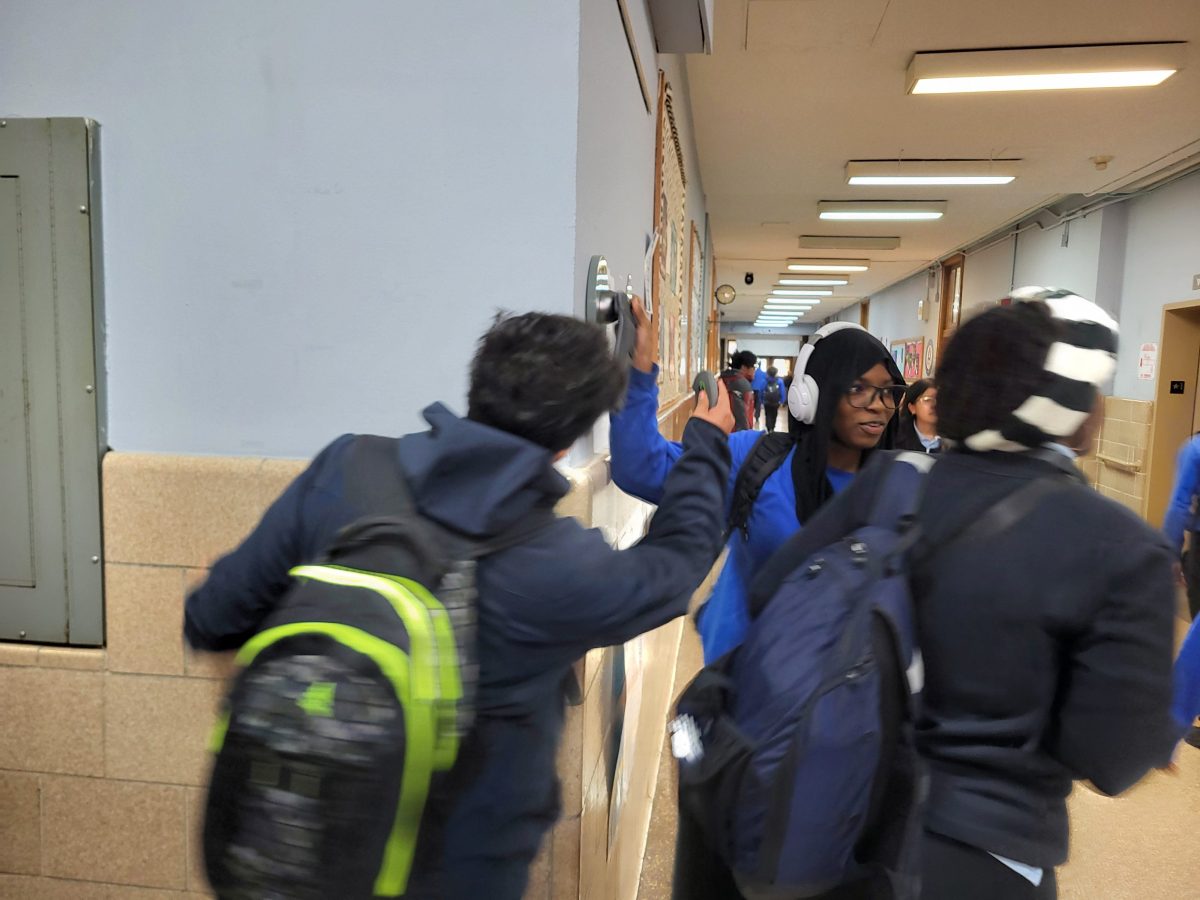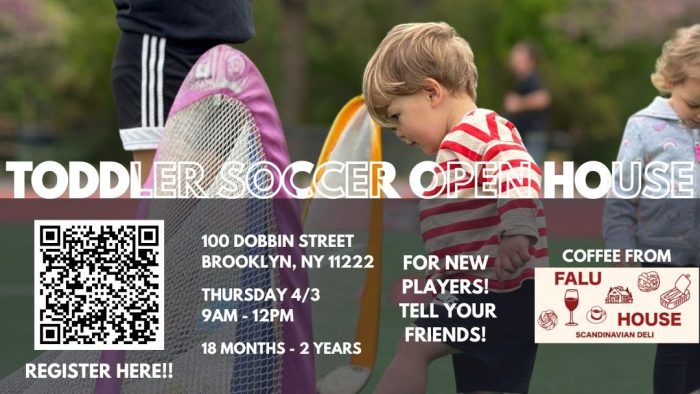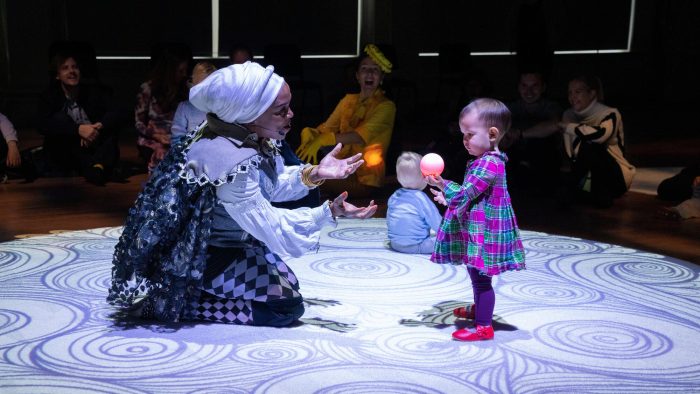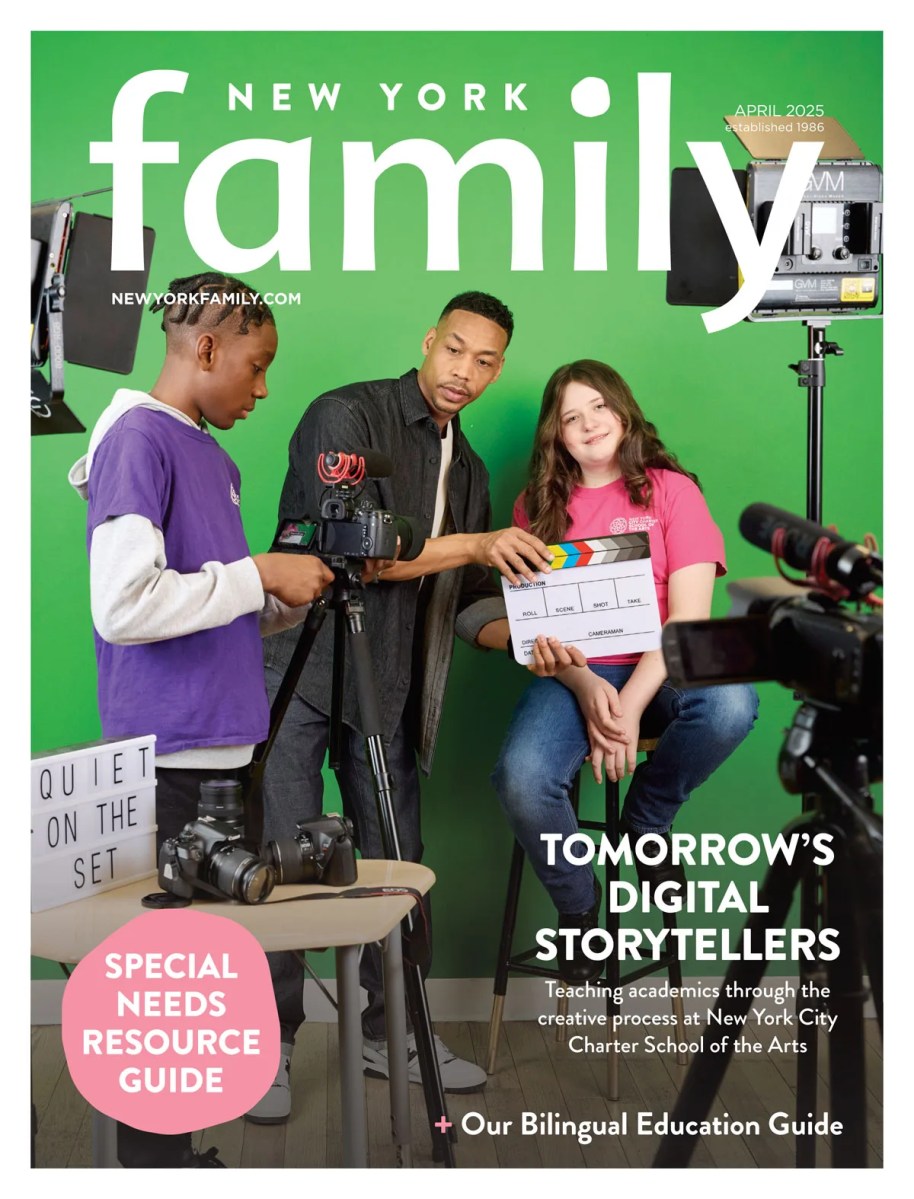Dyslexia may be one of the most well-known and yet least understood of all the learning disorders. But many authorities in the field have begun to view dyslexia simply as a different way of absorbing and processing information, with its own inherent set of abilities and gifts.
The common misconception is that dyslexia is characterized primarily by mirror writing (writing certain letters backwards) and rearranging letters when reading (reading “was” for “saw”), when, in fact, these behaviors only occur in a very small percentage of dyslexics.
The disorder is actually more frequently observed through other signs, such as difficulty with rhyming words in very young children, word or letter omission when writing and reading, and substitution of similar-looking words to replace the ones intended (“help” for “held,” “who” for “how”). For these reasons, dyslexia has often been seen as a burden or a weakness — or even a condition to be overcome. But, now, experts and evaluators are starting to realize that the so-called disability can be accompanied by an array of skills and talents not understood or even noticed before now.
Two Seattle-based physicians, husband-and-wife duo Drs. Brock and Fernette Eide, have written a book that details the valuable features that can manifest in a dyslexic person. The book, “The Dyslexic Advantage: Unlocking the Hidden Potential of the Dyslexic Brain,” discusses how the dyslexic brain is different, the unique capabilities it can possess, and the different ways a dyslexic person can maximize his full aptitude.
“[W]e’ve come to believe that thinking of dyslexia as simply a disorder of reading and spelling is both deeply incomplete and misleading,” says Dr. Brock Eide. “Usually, dyslexic individuals are thought of as having brains that are trying hard to learn and work just like everyone else’s, but are failing because they’re defective in some way.”
After working with and speaking to hundreds of dyslexic individuals, the doctors have witnessed, again and again, that dyslexics “share many desirable and useful features in how they learn and process information.”
In the book, the doctors detail four common areas of dyslexia-associated talents, which they call the MIND strengths: material, or spatial, reasoning; interconnected reasoning, or the ability to see connections and relationships, particularly big-picture relationships; narrative reasoning, or the ability to see facts as stories, cases, or examples, rather than abstract, non-contextual information; and dynamic reasoning, the ability to use bits of remembered experience to make predictions about how things will change over time, which, the doctors write, “helps dyslexics function well in situations where the conditions are changing or all the facts are not completely known.”
These strengths can serve dyslexics well, in the fields of architecture, design, and surgical medicine (material); visual art (interconnected); law (narrative); and the sciences (dynamic).
“Not every dyslexic individual has these strengths…in our experience all have at least some, and each of these tends to be much more common in dyslexic than non-dyslexic individuals,” reports Dr. Brock Eide. “It’s important to recognize and understand these strengths, because we’ve found that dyslexic individuals who succeed in adulthood usually do so, because they’ve learned how to take full advantage of one or more of these strengths, and not just because they’ve fully overcome dyslexic challenges with reading or spelling.
“Typically, they’ve learned to only use these strengths to work around their weaknesses, rather than letting their weaknesses define who they are or what they are capable of achieving.”
How, then, can dyslexic individuals be assisted to embrace their full potential, seeing as how they’re capable of so much? In an ideal world, say the doctors, the current educational system would be different, and geared more toward students of all learning abilities.
“We need to focus much more heavily on understanding and taking advantage of how the brains of dyslexic students actually work, rather than teaching them as if the goal were to get their brains to work just like everyone else’s,” says Dr. Brock Eide. Dyslexic students follow a “different developmental pattern than other children” and they “need a different kind of education that reflects these differences,” he says.
“Schools cannot just operate on this ‘mode of normal’ and expect all kids to learn well,” confirms Dr. Fernette Eide. “An ideal education needs to be tailored more towards [everyone’s] strengths.”
Mary Carroll Wininger is a writer based in New York City. She is a frequent contributor on topics ranging from etiquette to feng shui.
